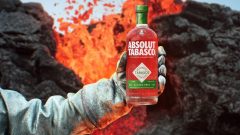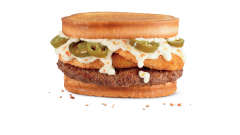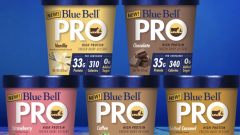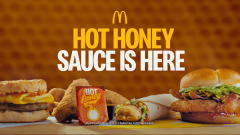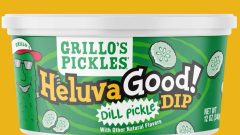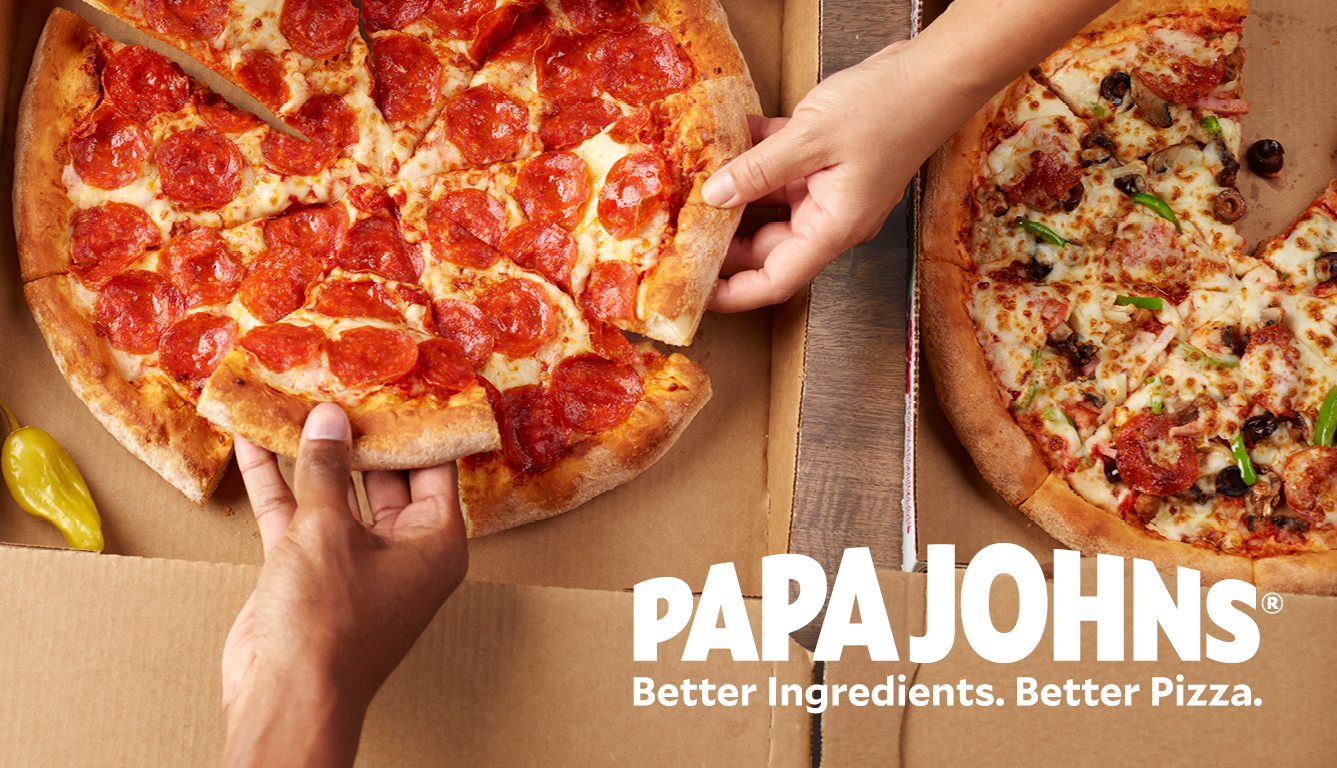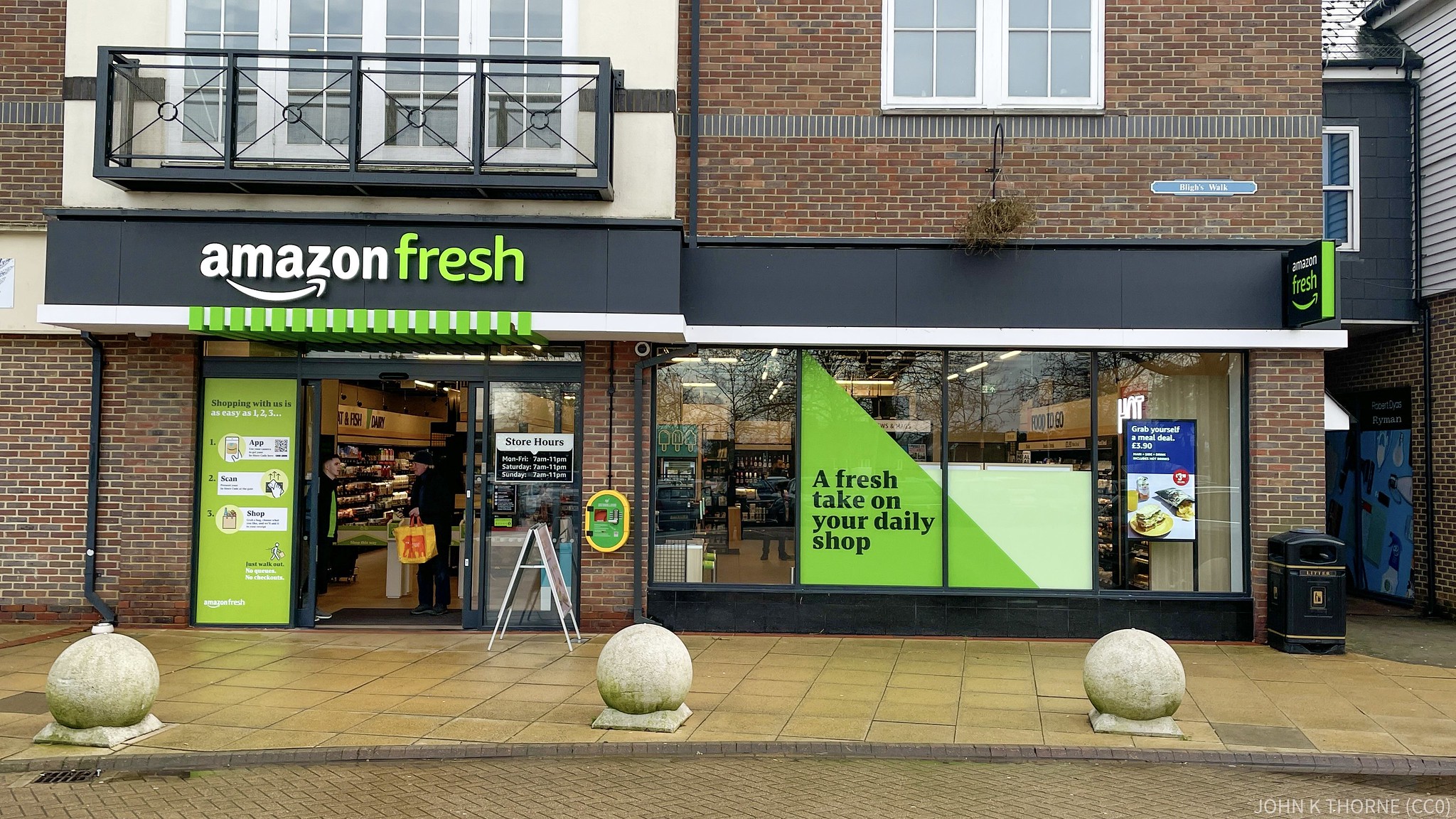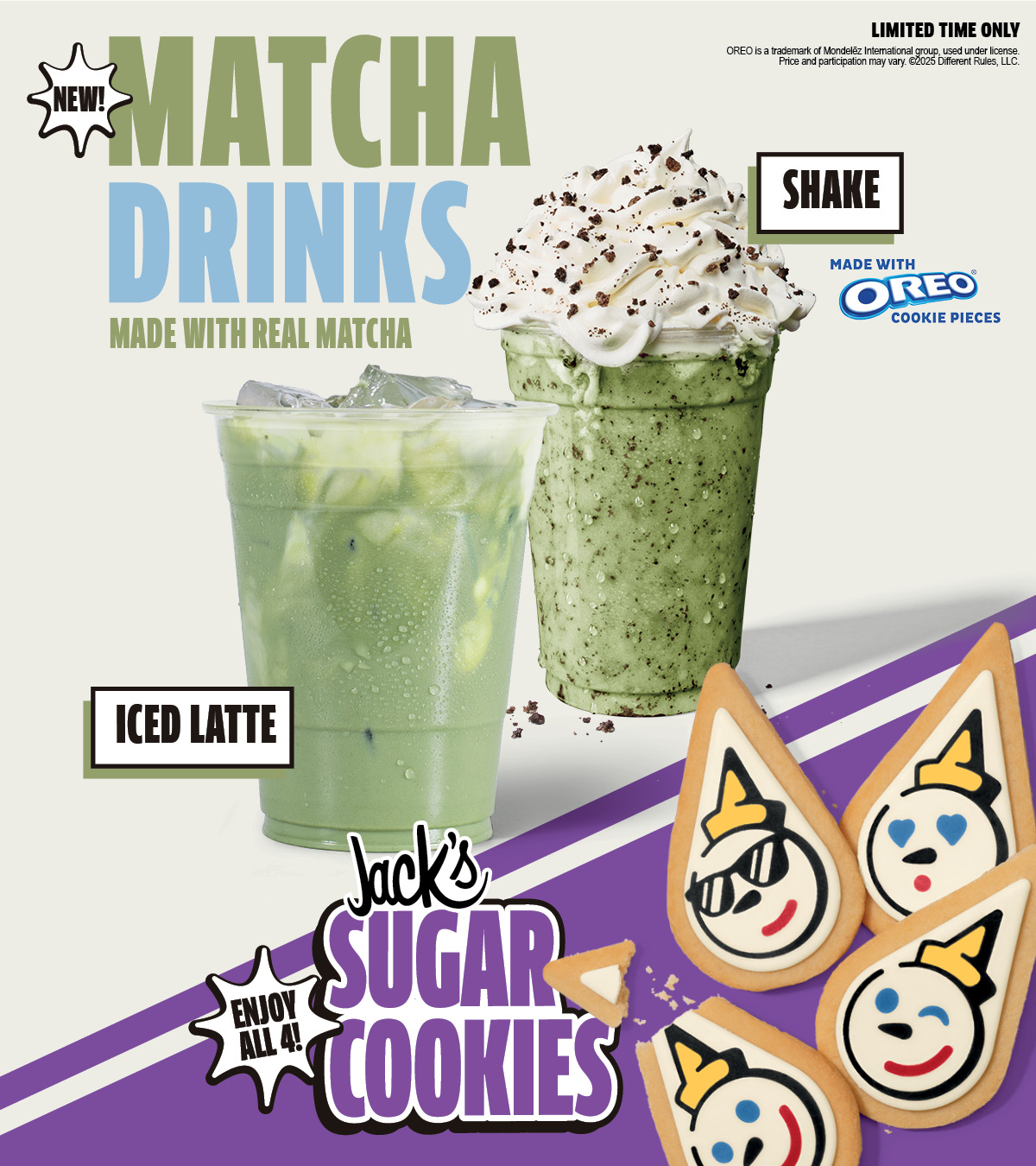Why We Should Hope Chipotle Succeeds Despite All Their Food Safety Issues
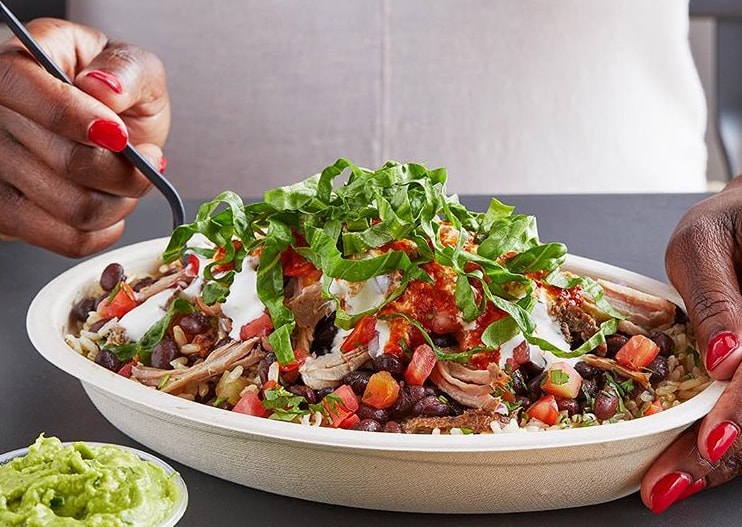
It’s hard for me to hate on Chipotle too much, to be perfectly honest. I have major respect for what the company has been trying to do in the world of fast food, as their mantra of fresh ingredients, built-to-order, and healthier options is something that the entire industry should move to. If they could just move past their food safety scandals, they would be the gold standard of what all of fast food should be.
No fast food chain has been beleaguered with food poisoning issues as much as Chipotle in recent years. They’ve gotten hundreds of people sick across multiple foodborne illness outbreaks. When they tried to correct the issue with retraining, the food safety mishaps continued.
Now, they’ve recently experienced their worst food poisoning fiasco of all time, almost right after they had brought in a new CEO and were looking to turn things around. It goes without saying, but Chipotle just can’t seem to catch a break with all of the scandal that has been linked to them.
Still, Chipotle deserves more credit than the general public has been giving them. Yes, they can’t keep a clean streak for more than a few months, but it’s because what they’re doing has been pushing the envelope in the fast food industry for nearly a decade.
Achieving the scale they have makes it a challenge to control food safety with even just processed ingredients on their own. Now imagine taking that same model and implementing it into a vast lineup of fresh ingredients and a restaurant chain where everything is made in-house. This includes cutting the vegetables, marinating the meats, shredding cheese, and making fresh batches of guac daily.
All of those fresh ingredients mean that a significant amount of prep is required, which opens up the chain to more food poisoning possibilities. If someone isn’t properly trained or deviates from a food safety plan, it opens up the gateway for people to get sick.
It’s impossible to be 100% perfect with food safety, even with Chipotle’s strict food handling procedures and quarterly retrainings (a new requirement for employees). Food contamination can start on the field, long before Chipotle has a chance to get its hands on it. Despite all of the technology the food industry has, it’s not possible to catch every pathogen before it gets to the consumer. This is especially true for fresh produce, where science has yet to figure out how to effectively kill bacteria without drastically altering food quality.
And though it would seem outlandish to even surmise, some conspiracy theorists believe that Chipotle’s food safety issues could also potentially not be the company’s fault. These same individuals believe there may be a hidden force attempting to sabotage Chipotle. Theories of corporate influence have been floating around since 2015, suggesting that shareholders may have something to do with the poisonings so that they can profit via short stocks.
Some customers also believed that one outbreak could have been the work of Monsanto after Chipotle announced they would stop using GMOs. That particular scenario involved a “very rare” strain of E. Coli, according to the FDA, which led people to believe that Monsanto could have paid someone to target Chipotle in retaliation. To date, it’s never been proven if that was or wasn’t the case.
If these conspiracy theories are in fact true, it would mean that somebody had to have intentionally poisoned the food at multiple locations, which isn’t an out-of-the-question scenario. Folks have spiked food with toxins or bacteria in the past, including at grocery stores and in the salad bars of restaurants.
I’m not suggesting that Chipotle is free of any fault when it comes to their food poisoning issues. Rather, they should still be held responsible because these illnesses still happened to their customers under their watch. Thus it’s imperative they still ramp up to stringent measures with their food handling programs and continually hold themselves accountable for what’s been going on.
Chipotle’s concerted and continued efforts to handle its food safety problems while persisting to be a cutting-edge model of what fast food should be still serves as an example to others in the industry. Their take on fresh ingredients, handmade products, and affordable pricing at that level of quality is commendable, and something we should be supporting despite the food poisonings.
No fast food chain has ever been willing to take on the same freshness and quality model Chipotle started out with and scale it to the size of a mega-corporation. The burrito giant took on the guinea pig role in testing out what we all want fast food to really be: fresh, fast, affordable, and tasty. Outside of the lingering safety issues (and their forgettable first run of queso), Chipotle has managed to do all of that.
Minus the food-borne illnesses, Chipotle is what the rest of fast food should be. As they work out the kinks in their food handling programs, we should continue to support them and allow them to become the gold standard the rest of the industry aspires to be. Only then can we possibly have a future of food that’s wholesome, nutritious, and delicious, even at its most basic level.




